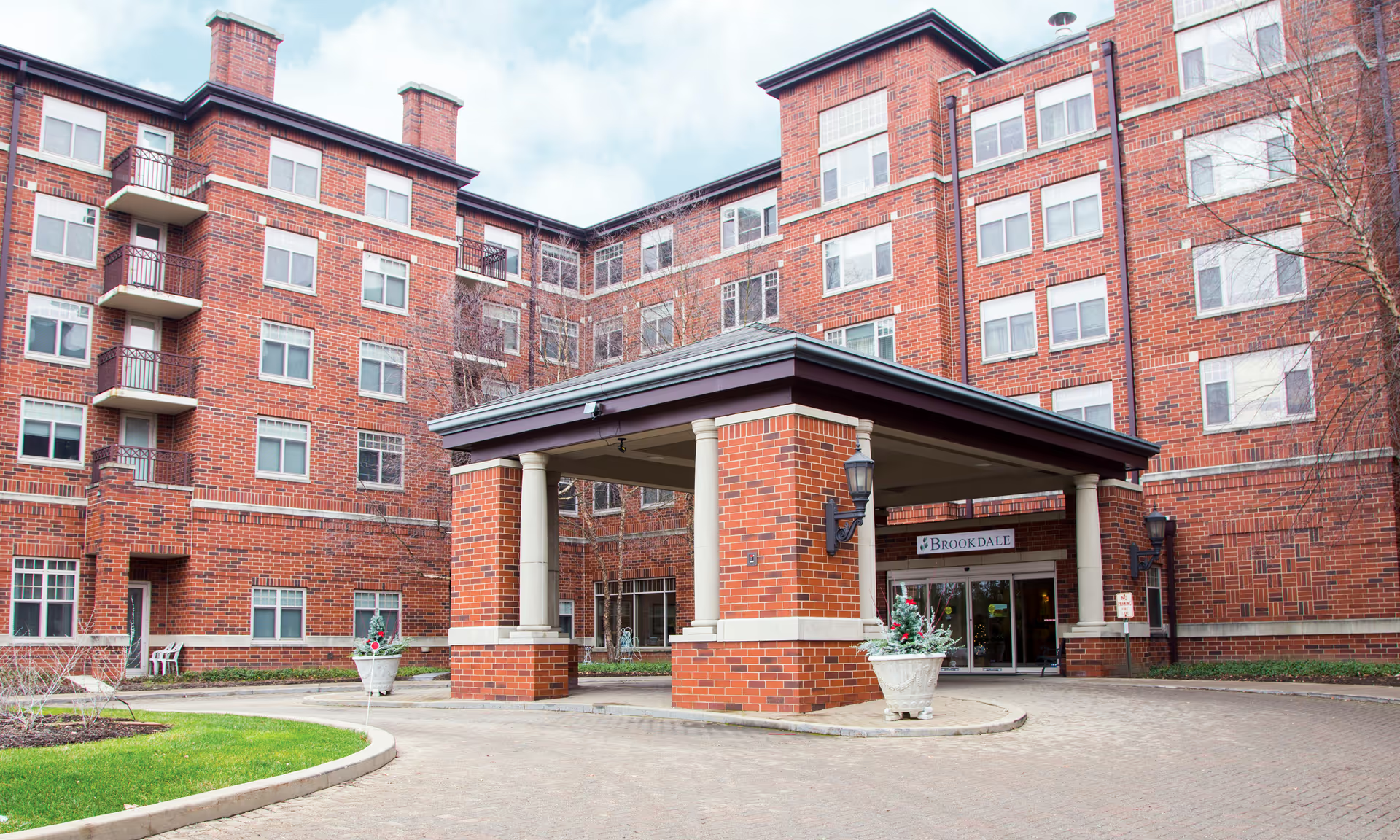Overall sentiment in the supplied reviews is strongly mixed, with a clear split between reviewers who feel positively about the facility’s service and cultural focus and others who express serious concerns about its effectiveness and management. Positive comments emphasize a welcoming Amish community orientation and staff described as wise and a blessing to residents. Negative comments are stark and accusatory, suggesting both poor outcomes for residents and troubling family impacts.
Care quality and outcomes: The reviews present conflicting impressions of care. On one hand, the phrase "great service" and the statement that people feel "blessed to be there" indicate that some residents or family members perceive care as attentive and beneficial. On the other hand, several phrases—"not helping anyone" and "claiming to help people"—directly challenge the facility’s effectiveness. These opposing viewpoints suggest variability in outcomes or differences in expectations between reviewers. Because the comments are brief and polarized, it is not possible from this data alone to determine whether concerns reflect isolated incidents, differences in individual resident needs, or systemic problems.
Staff and culture: Staff are a prominent theme. Positive summaries single out staff "wisdom" and describe being "blessed to be there," which implies that some reviewers find staff compassionate, competent, and culturally aligned with an Amish-focused community model. The mention of an "Amish community focus" suggests the facility markets or organizes itself around specific cultural or religious values; for those who appreciate that orientation, it appears to be an important positive attribute. Conversely, the use of the word "clowns" to describe some people associated with the facility signals that other reviewers perceive staff (or possibly management or outside actors) as unprofessional, insincere, or not serious about resident welfare.
Management, family impact, and trust issues: One of the most serious concerns raised is the allegation of "splitting up families." This phrase indicates that some reviewers believe the facility’s practices have separated family members—whether through placement decisions, visitation policies, or other administrative actions. Combined with accusations that the facility is "not helping anyone" and the descriptor "clowns," these comments point to trust and transparency problems between the facility and some families. Such issues are typically red flags warranting deeper investigation: they can reflect policy disagreements, poor communication, or more serious management failings.
Gaps in the available information and recommended next steps: The supplied summaries do not mention specifics about facilities, dining, activities, staff-to-resident ratios, licensing, or documented outcomes, so conclusions must be cautious. The main patterns are (1) a notable cultural strength (Amish community focus and staff praised by some), and (2) strong, explicit criticisms from others accusing the facility of ineffectiveness and family disruption. To resolve these conflicting signals, further inquiry is recommended: request detailed references from the facility, review inspection and licensing records, ask for specifics from complaining reviewers (dates, incidents, staff names), and, if possible, visit in person to observe staff-resident interactions and family policies. These steps will help determine whether the positive comments reflect consistent strengths and whether the negative allegations indicate isolated problems or systemic issues needing remediation.







